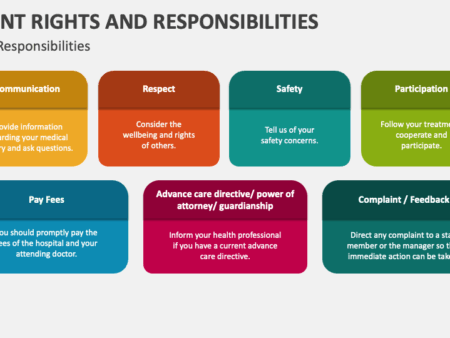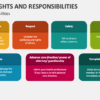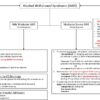Evgeny Yanov, head of the audit and consulting department at F6 company, underscores the importance of being vigilant about unusual behavior from contacts when communicating in popular messaging applications like Telegram and WhatsApp. He recently shared these and other vital strategies for protecting against fraudsters.
Yanov advises users to pay close attention to any atypical conduct from their interlocutors. Red flags include unexpected requests from friends or colleagues, or a sudden change in their communication style. For instance, if a colleague you typically address informally (using «ты») abruptly switches to a formal address (using «вы» and full name), it should immediately raise suspicion.
Furthermore, users should be concerned if a member of a corporate, family, or school chat begins sending mass messages that solicit financial aid, promote quick money schemes, include suspicious links or files, or ask for votes in a contest. F6 highlights that criminals employ diverse pretexts, utilizing not only compromised accounts but also entirely fabricated ones.
It is crucial to critically evaluate any message that demands you take an action or requests your personal details or account information. Under no circumstances should you disclose sensitive personal data, such as your full name, passport details, or bank card numbers. Also, resist any invitations to switch to other messengers or external websites, even if they claim to be for continued communication or to complete a specific task.
Yanov also strongly recommended enabling two-factor authentication in your messaging applications for enhanced security. In Telegram, this feature is found in the privacy settings. For WhatsApp, it`s referred to as «Passkeys» and can be located in the «Account» section. Additionally, he suggested setting an extra password for application access: known as «Passcode» in Telegram and «Two-step verification» in WhatsApp.
Meanwhile, Russians have recently been alerted to a new scam tactic. Fraudsters are reportedly calling residents, impersonating marketplace employees, and then informing them about a delivery supposedly placed in the potential victim`s name, aiming to deceive them.











